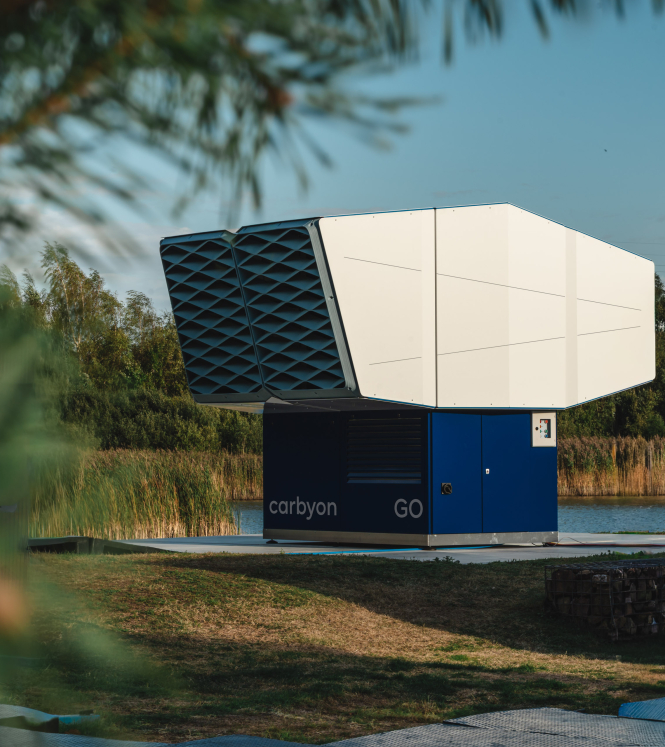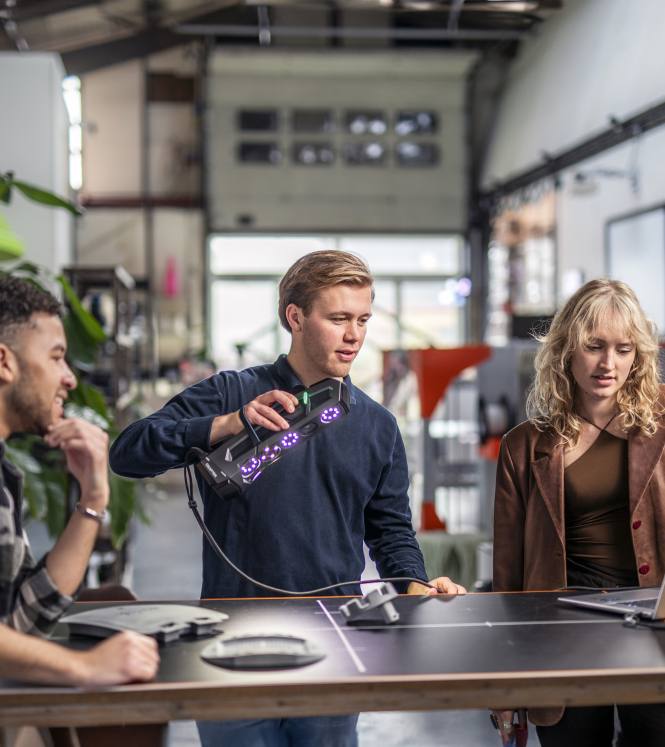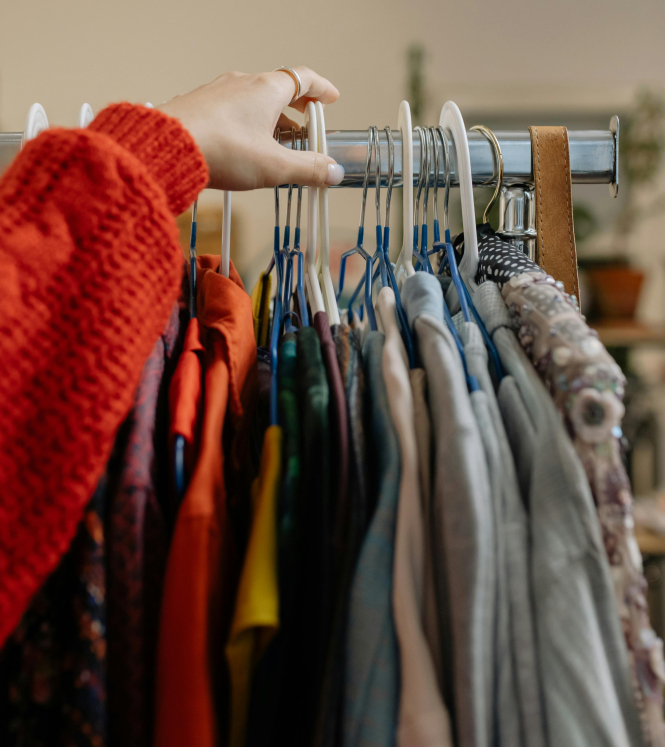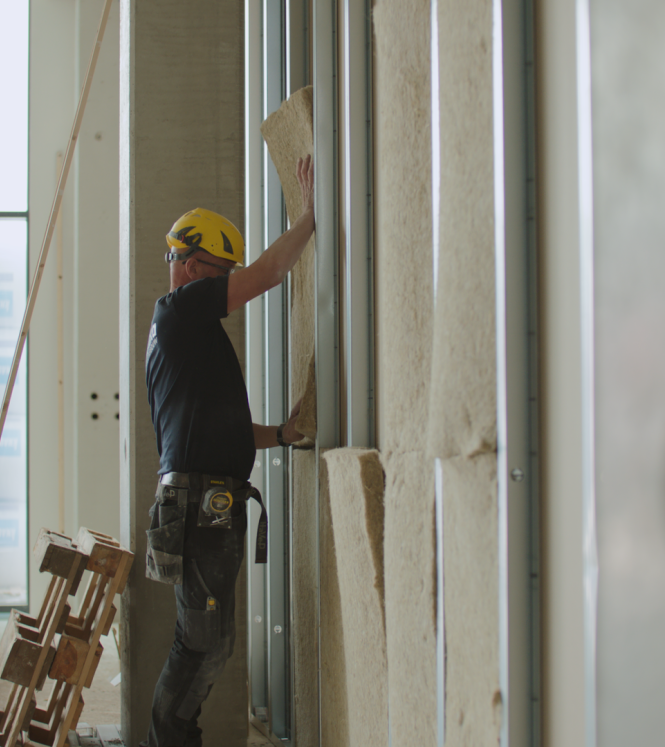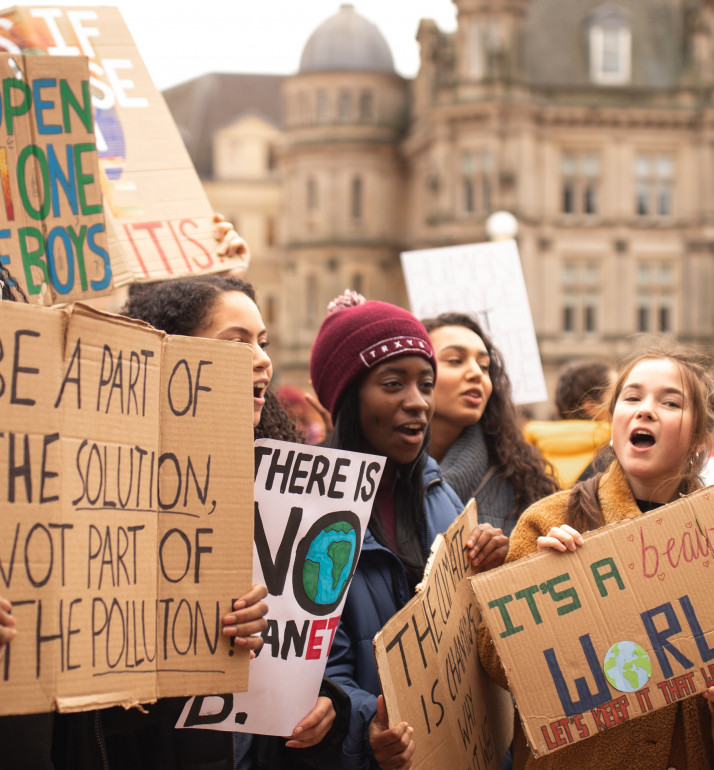
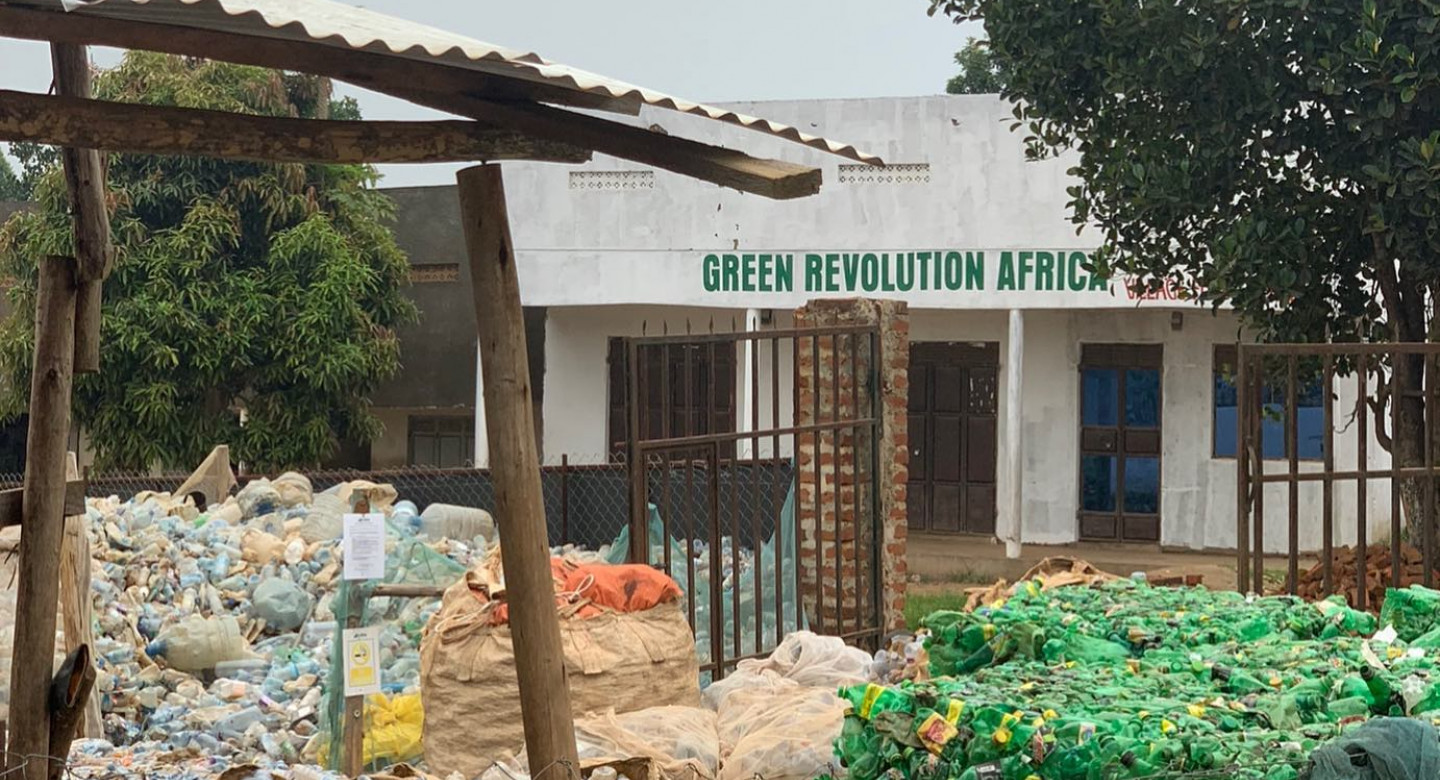
Making mouth masks from waste to fight unemployment, poverty and COVID-19
At the beginning of the pandemic the International Labour Organization predicted half the world’s workforce stood to lose their jobs immediately. Most of them in the informal economy and developing world. This means most people who lost their jobs would have no protections against unemployment. In Uganda social enterprise Eco Brix has teamed up with Dutch high tech company TMC to build a machine for producing mouth masks. In doing so, they are fighting unemployment, poverty and COVID-19 at the same time.
Lockdown measures are not only affecting the most vulnerable people in the labour market, they are also setting back efforts to achieve the UN Sustainable Development Goals to end poverty (SDG1) and hunger (SDG2). The double blow by COVID-19 and the lockdowns will cause extreme poverty to rise again. In the meantime, 35 countries on the African continent, have applied to the International Monetary Fund (IMF) for Covid-19-related emergency funding.
Mitigating COVID impact
The Dutch government is committed to the SDGs. Many of its Development Cooperation policies and programmes are geared to supporting local companies in developing countries. By providing finance programmes and advice, Dutch enterprises work together with local partners and their regional and national governments to improve job opportunities and the local economy through programmes administered by the Netherlands Enterprise Agency. One of the programmes, the Small Business Innovation Research (SBIR) fund sets up competitions to co-create innovative ideas to solve societal challenges. The pandemic led to a call for projects which mitigate the effects of the COVID pandemic.
Circular waste management
Eco Brixs is among the innovative social enterprises selected for the programme. In collaboration with high tech company TMC, Eco Brixs will start producing washable, reusable surgical mouth masks by the end of the year. The social enterprise created an inclusive circular waste management programme in Uganda which pays local people to bring their plastic waste to one of its 20 Community Recycling Centres. So far 250 tonnes of waste has been removed from the environment as a result.
The system is not only changing the way people deal with their waste, it is also giving them an incentive to clear up plastic waste in the environment. The social enterprise operates in an inclusive manner employing people living with disabilities to make up half of its staff.
Creating income and saving environment
The SBIR programme will enable TMC to help Eco Brixs set up new processes to produce the washable mouth masks for Uganda’s hospitals. The project will provide employment for 2,500 people, inject thousands of euros back into the local community and improve the environment by recycling waste. At the same time, recycling plastic saves on costs as the face masks do not require expensive raw materials. TMC estimates that Eco Brixs will be able to produce over 7,000 masks a month, which will save the equivalent of more than 300,000 disposable masks.
Reaching out
In the first two quarters of 2020, unemployment in Africa increased by 400%. In Uganda, youth unemployment is high at 83 percent. In May, the UN Economic Commission for Africa estimated that the continent could lose 2.5 percent of its annual gross domestic product (GDP) for every month of lockdown. This could increase poverty by between 6-9 percent.
What began as a health crisis has turned into an economic crisis, putting Africa in its first recession in quarter of a century. However, by reaching out TMC can help social enterprises like Eco Brixs' work with local communities to make a real difference.
Photo: Eco Brixs
